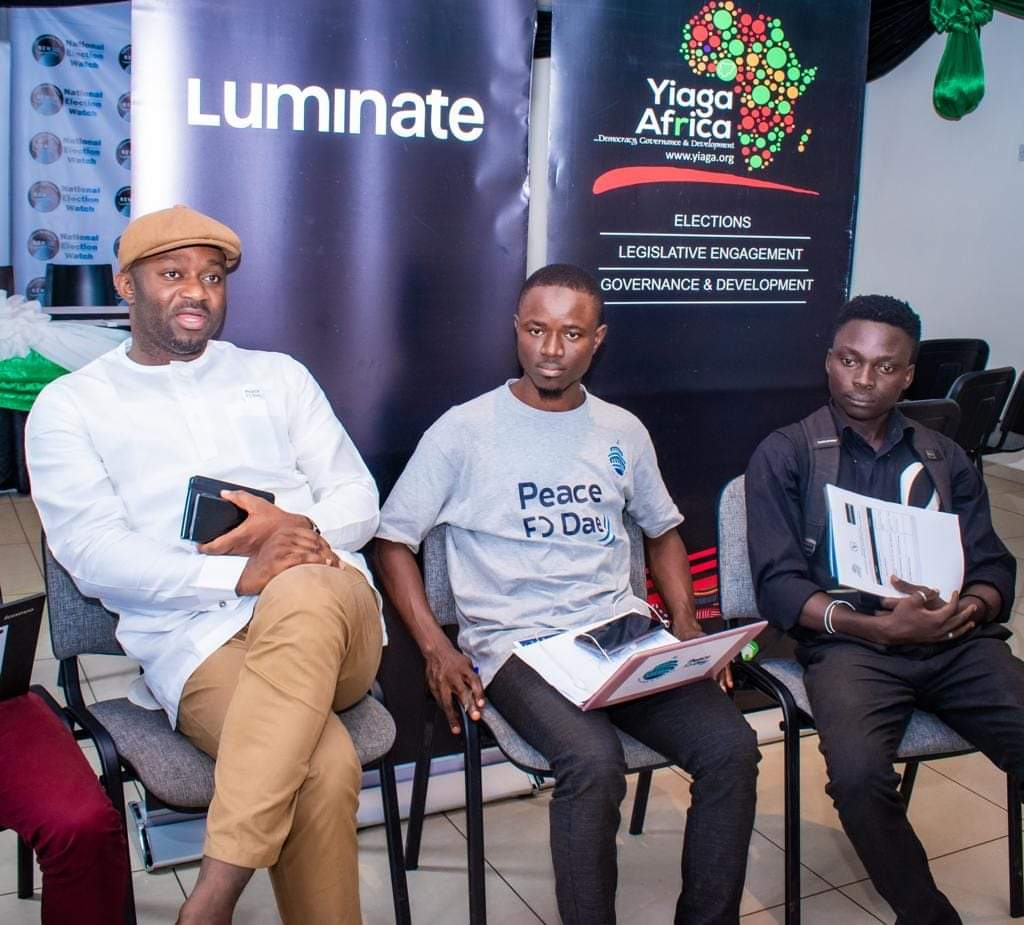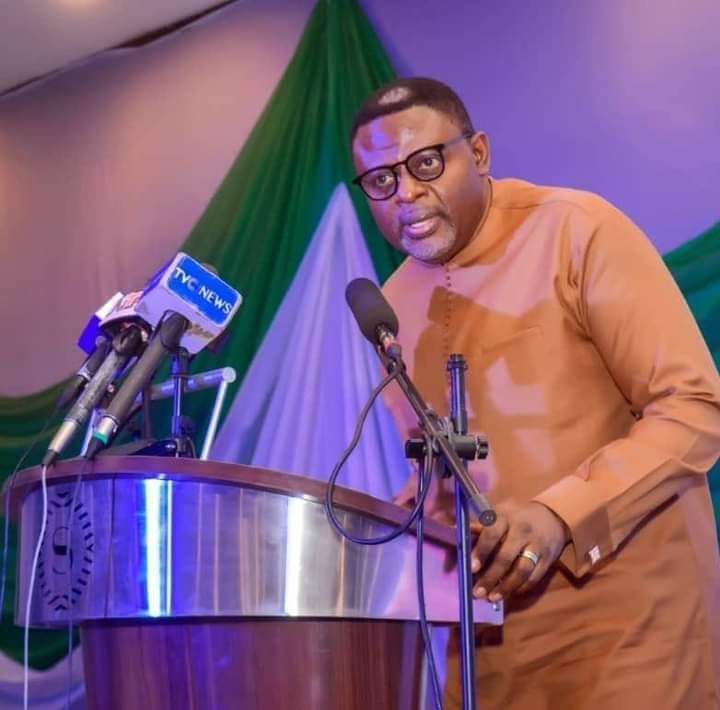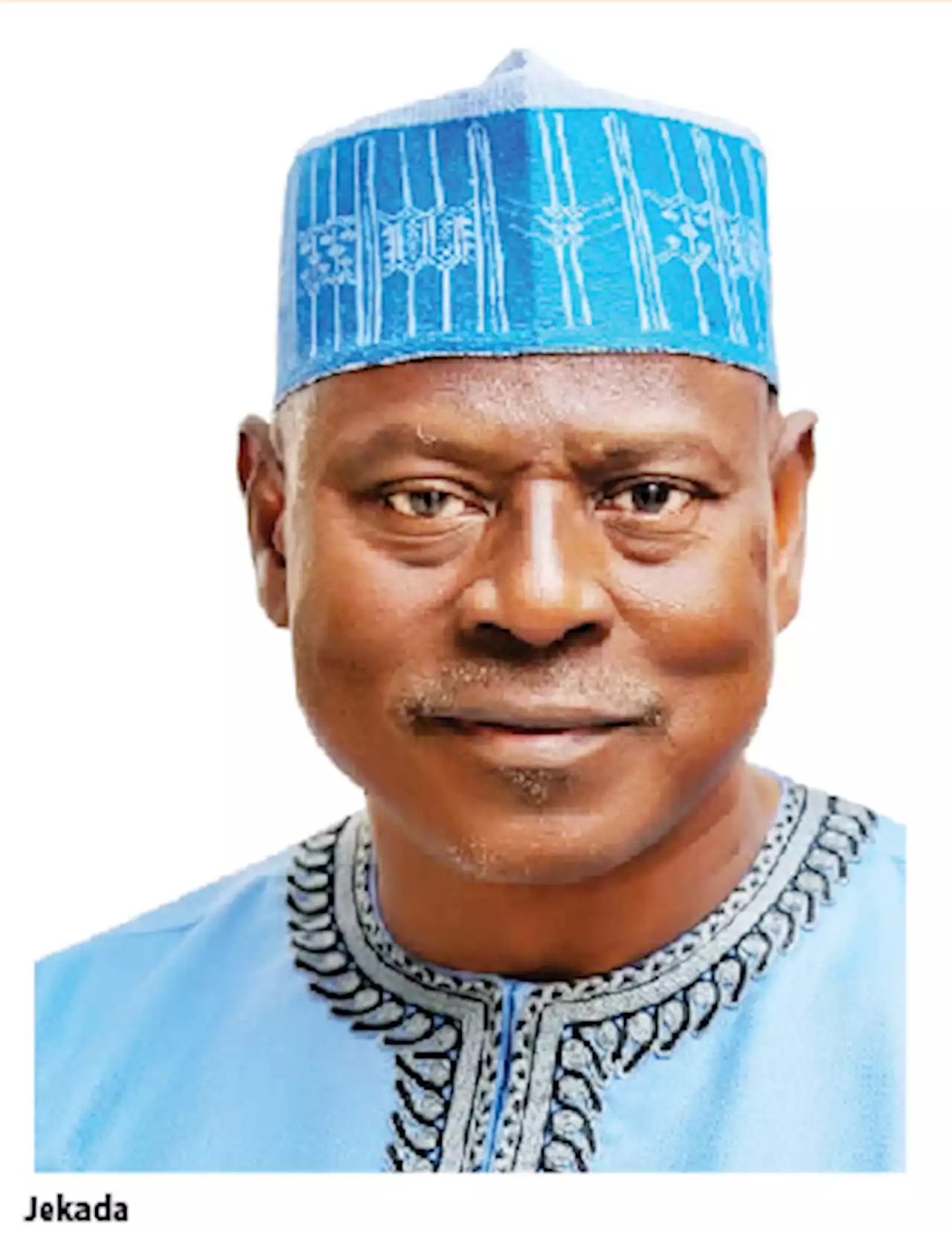Dissatisfaction with democratic politics is fueled partly by the dominance of gerontocrats in politics and the disconnect between politics and citizens. The value citizens derive from politics is primarily influenced by the manner political actors practice the game of politics. Politics loses its relevance when it fails to deliver tangible outputs to citizens. It takes a cadre of political actors with a sense of purpose and commitment to democratic values, ethical leadership, and the common good to achieve the desired outcome of democratic politics – freedom and development. This notion explains the ideological foundation of the globally acclaimed Not Too Young to Run movement aimed at changing the face of politics by mobilizing young people into politics and supporting them to stay in politics.
Nigeria’s 2023 general election is the second general election since the passage of the Not Too Young to Run Act in 2018 which resulted in a reduction in the age qualification for the office of the President from 40 to 35years, House of Representatives from 30 to 25 years and State House of Assembly from 30 to 25 years. Nigeria’s youths deserve commendation for maximizing youth power to disrupt the political landscape through constitutional reforms. Before enacting the legislation, Nigeria grappled with poor youth representation in elective offices. In 2015, three out of 360 members in the House of Representatives were youth (18 – 35yrs), representing 0.3% of elected legislators. The figure was higher in State Houses of Assembly with 57 youths (6%) occupying seats out of 993 state constituency seats. Thanks to the Not Too Young to Run movement, 3% of seats in the House of Representatives were occupied by youth (25 – 35yrs) and 8% in state legislatures, signaling a gradual but remarkable shift in the 2019 elections.
An analysis of the list of candidates for the 2023 election indicates a decline in youth candidacy from 34% in the 2019 general election to 28.6% in 2023. Although young people maintained dominance as the largest demography (37.7%) on the national voter register, they were a minority on the list of candidates on the ballot. Despite the decline in youth candidacy in the 2023 election, youth representation in the legislature improved slightly compared to the 2015 and 2019 elections. Three dominant trends in youth participation in politics provide a plausible explanation for this outlook. First, in the last three election cycles, political parties were more likely to nominate more youth candidates for legislative seats at the state level rather than for executive offices or National Assembly seats. Even with the competitive nature of state-level races, the political reality suggests that legislative offices at the state level offer better opportunities for young people to contest and win elections. Second, while youth demography is the highest on the national register of voters, youth candidacy hardly inspires youth turnout. Third, youth candidates nominated by established political parties are more likely to win elections than those sponsored by less established parties.
Historic wins
Changing the face of politics in political contests defined by machine politics, patriarchy, and gerontocracy is a tall order. Notwithstanding, young politicians produced significant upsets and unseated incumbents during the 2023 election. As the Yiaga Africa report shows, Youth representation in the legislature improved slightly. Compared to 2015 and 2019, young people won more seats in the National and State Houses of Assembly in the 2023 elections. Youth representation in the House of Representatives increased from 3% in 2019 to 3.92% (0.9 increase), while in the state assemblies there was a 0.3% increase from 8.9% to 9.2%. Young people between ages 25 and 35 won 14 out of the 360 seats in the House of Representatives, and 92 out of 993 constituency seats in sub-national legislative houses. .
Excitedly, the election produced historic wins on two levels. First, two direct beneficiaries of Not Too Young to Run, under 29 years, won seats in the National Assembly. Second, young female legislators recorded historic wins in legislative elections–Four young female legislators under 35 won legislative seats in three state assemblies–namely Delta, Lagos, and Kwara, with Kwara State having the highest record of young female legislators. Notably, the youngest elected female legislator, 26 years, is from Kwara state. It’s the first-time voters will elect four young female legislators and candidates below 30 years to the National and State Assembly in the 25 years of Nigeria’s uninterrupted democratic journey. These historic wins represent young people’s resilience, resistance, and courage to shift the balance of power in democratic politics. It demonstrates what is possible when the political space is expanded, through constitutional and policy reform, for new voices to emerge. Unseating established and well-resourced incumbents and navigating months of legal battles, political intrigues, and Machiavellian politics to secure electoral wins is a welcome disruption.
Making the historic wins count
The net effect of high legislative performance is improved governance and sustainable development, which is the desire of constituents and voters. These historic wins will only count if the elected young legislators make a difference by ensuring excellent legislative performance. Legislative leadership requires an investment in sustained capacity building for young legislators, who are primarily first-time lawmakers, to improve their knowledge of legislative practice and procedure. In addition to the National Assembly, civil society, think tanks, and development partners should create opportunities for enhancing the capacity of young legislators through training, publications, and learning exchange visits. Legislative houses should assign leadership roles to young legislators to maximize their intellect, energy, and creativity in improving legislative governance. A few states have elected young legislators as speakers, deputy speakers, and principal officers. Five state legislatures elected under 40 speakers, and one state has a 35-year-old as Speaker. Media organizations should take deliberate steps to spotlight the contributions of young legislators to legislative governance and ensure media visibility for young legislators at the National and State assemblies. Constituents require regular and accurate information on legislative activities to hold elected representatives to account.
Providing incentives could inspire high legislative performance in contexts where effective leadership and legislative performance are in short supply. Legislators feel motivated to deliver campaign promises and quality representation if they feel their efforts will be recognized and celebrated, or it could translate to high social and political capital – the currency for electoral politics. For this reason, Yiaga Africa, with support from its partners, recently instituted the Not Too Young To Run Leadership Prize for Legislative Performance to recognize and celebrate outstanding young legislators who, under challenging circumstances, achieve excellent legislative performance in lawmaking, legislative oversight, and constituent representation. The Prize is open to young legislators who make significant contributions to legislative governance. The ultimate objective of the Prize is to showcase exceptional young legislators as models of public leadership and to motivate current legislators to deliver legislative leadership and quality representation.
Samson Itodo is an election, democracy, and public policy enthusiast. Itodo serves as the Executive Director of Yiaga Africa. He is also a Board member of the Kofi Annan Foundation and the Board of Advisers of International IDEA. Please send comments and feedback to sitodo@yiaga.org. He tweets @DSamsonItodo.











